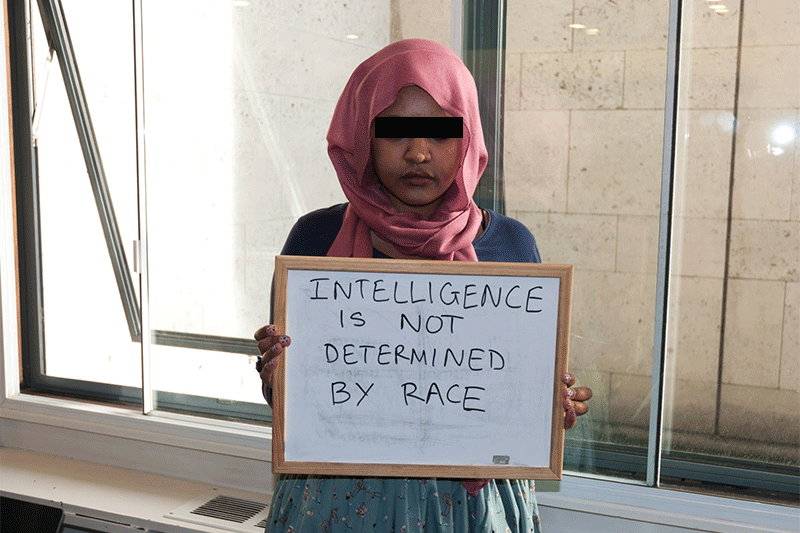64 Asian American groups have filed complaints against Harvard, stating they have been discriminated against in the admissions process.
However, this discrimination is not necessarily against Asians as much as it is pro Blacks and Hispanics. Rather, it’s simply a matter of perspective.
Complaints filed with the U.S. Department of Education’s Office for Civil Rights states “For Asian-American students to gain admission, they have to have SAT scores 140 points higher than white students, 270 points higher than Hispanic students and 450 points higher than African American students.”
At the end of the day, schools aren’t simply looking for the smartest kids, but want to offer the most well rounded experience, by having culturally diverse classrooms.
Race is but one of the qualities admissions officers look at. Other niche areas include which sports and positions a student plays, which instrument(s) they play, as well as other personality traits and unique interests perceived to diversify campus. The argument here is that Harvard wants a well-rounded class. In order to create one, it must limit the number of students with each prescribed background. Lets take an example of violin players. What school would want an orchestra made up of only top violinists? The sound would be much richer with at least one cellist, even if they aren’t as good as the top violinists, they will add depth of sound and experience to the orchestra.
Admission rates are held somewhat constant for certain qualifiers. For example, “At Harvard, 11.8% of admitted freshman are African American – an almost identical percentage as last year’s entering class, and the previous year’s.” (The same goes for the percentage of Hispanics in the entering classes.) Here is the general breakdown of admissions for top tier universities.
- About 50% of a highly selective college’s freshman class is selected purely by academic excellence.
- Around 20% is selected as recruited athletes (depending on the school)
- About 12% – 13% is comprised of legacy students or celebrities (sons or daughters of celebrities).
Basically, what can be said about admissions is that it pays to have a unique position in a sport, to play a unique sport, to play a unique instrument, or to have some sort of offbeat hobby. According to Forbes.com, “Without another tag” (aside from race, such as a unique hobby or sport) it is within the academic niche that smart kids compete – basically against each other. That’s why the Asian American Coalition’s complaint is flawed: it assumes the Asian American kids are competing against Blacks, Hispanics and Caucasians. Without special interest tag, they’re not; they’re competing against all just-smart kids; mainly each other.”
Harvard Admissions Dean William Fitzsimmons states he could fill an entire freshman class with just valedictorians or kids with straight 800 SAT scores. But Harvard chose not to because they were looking for a well-rounded class. Therefore, Harvard admissions are not racist, by any means. Regardless of how well one does on their exams and extracurricular activities, if students are hoping to get accepted based on academic merit alone, they have a lot of competition facing them that comes from others in their niche group.






